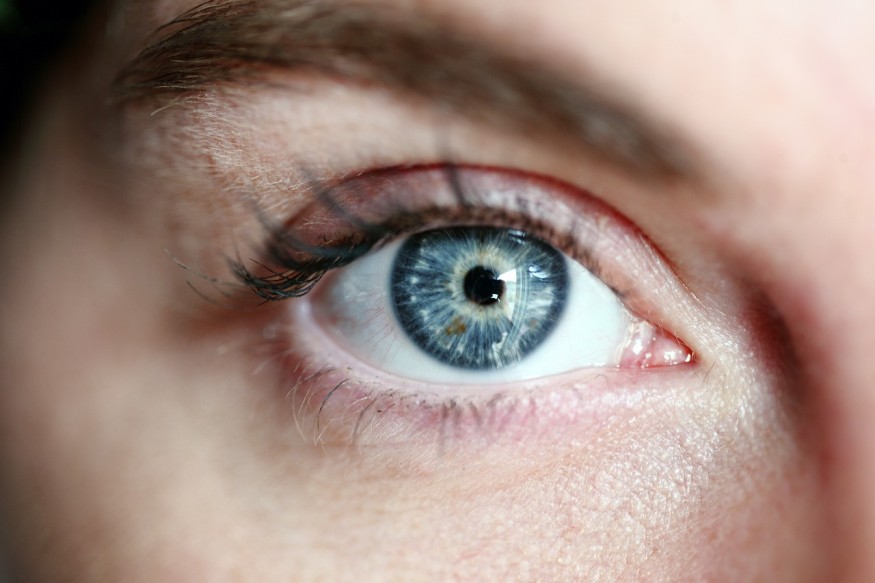
They say the eye is the window to the soul, but what if it also shows a person's risk for developing dementia?
New research highlights the crucial role of vision in predicting dementia risk, shedding light on a potential early indicator of cognitive decline through the eyes.
A study conducted by researchers in Norfolk, England, involving 8,623 participants, indicated that diminished visual sensitivity could serve as a predictor of dementia up to 12 years before diagnosis, The Conversation reported.
The study, which spanned several years, revealed that individuals who later developed dementia exhibited slower response times in visual sensitivity tests compared to their dementia-free counterparts.
Researchers posit that such delays may be attributed to the impact of toxic amyloid plaques associated with Alzheimer's disease on brain regions linked to vision, preceding damage to areas associated with memory function.
Alzheimer's-related visual impairments extend beyond sensitivity, affecting contrast sensitivity and color perception, potentially impacting daily life without immediate awareness.
Additionally, deficits in inhibitory control of eye movements, observed in Alzheimer's patients, may heighten the risk of accidents, prompting ongoing investigations into driving safety at Loughborough University.
Furthermore, the study suggests that inefficient processing of new faces could serve as an early marker for dementia, as individuals with the condition exhibit atypical eye movement patterns when encountering unfamiliar faces.
This deviation from customary scanning behavior may contribute to difficulties in facial recognition, hinting at underlying cognitive issues rather than mere memory impairment.
Researchers are exploring the potential of eye movements to enhance memory performance, with some studies indicating a positive correlation between eye movement and memory improvement.
While further research is needed, findings suggest that activities involving frequent eye movements, such as reading and watching television, may contribute to better memory function and reduced dementia risk, particularly in individuals with higher education levels.
Despite these promising insights, challenges remain in utilizing eye movement as a diagnostic tool for early-stage Alzheimer's, largely due to limited access to costly and complex eye-tracking technologies.
Until more accessible alternatives emerge, leveraging eye movements for early detection purposes may remain confined to laboratory settings.
